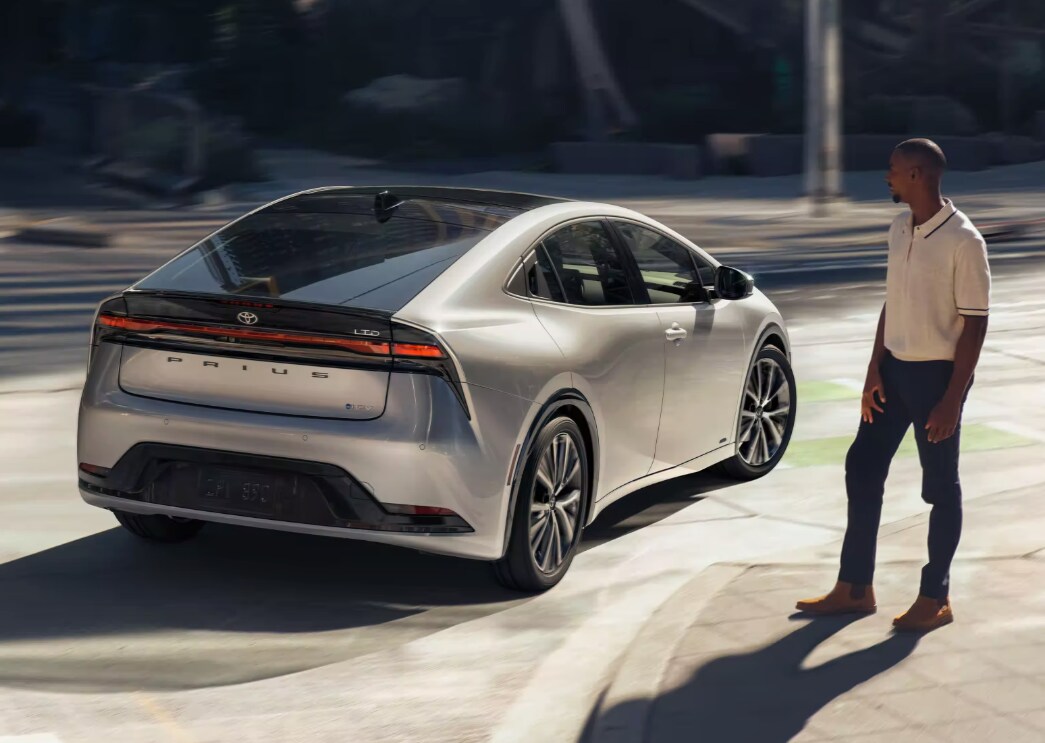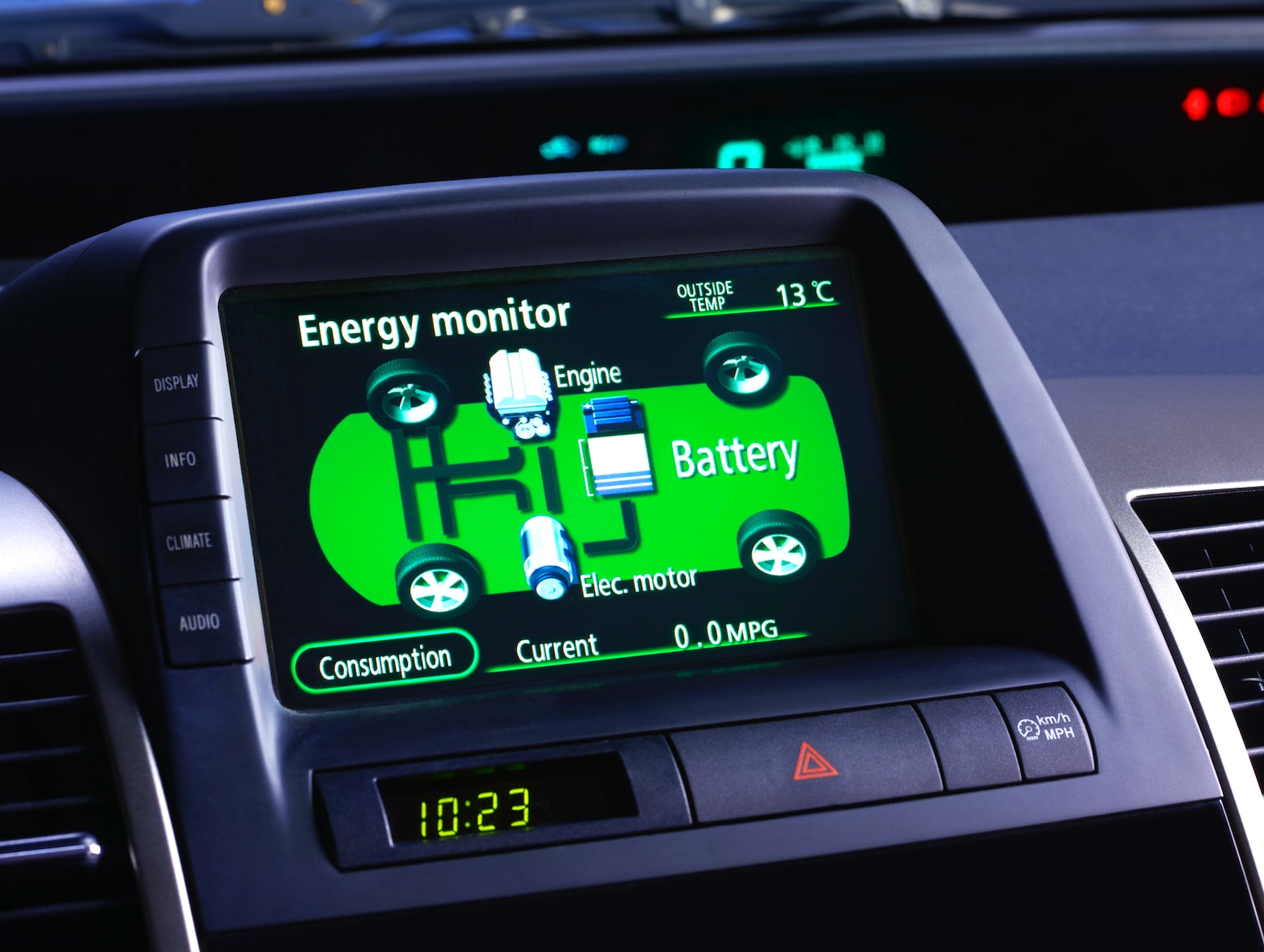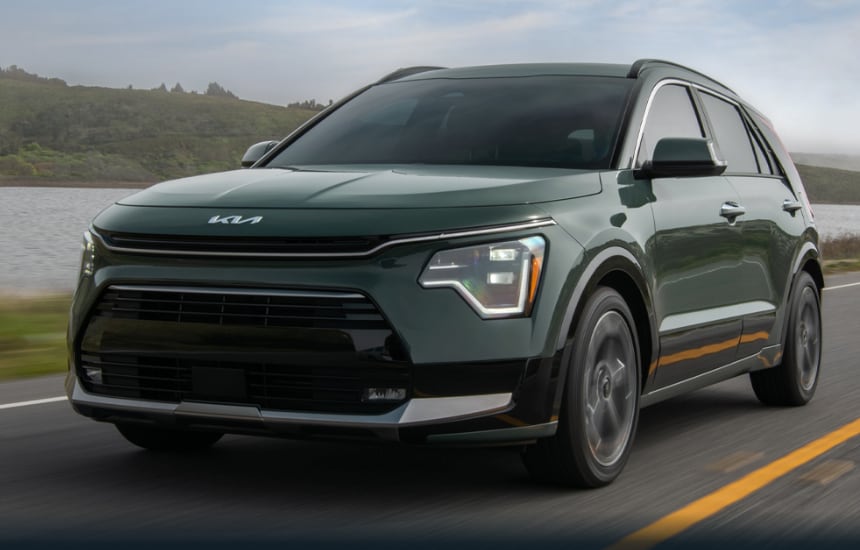While most automakers are pushing the all-electric agenda, some brands such as Toyota, continue to sell hybrid hatchbacks, sedans, and crossover SUVs to a growing market in record numbers while the public is somewhat lukewarm on EVs.
Why do Americans prefer hybrids over EVs?
Common reasons include a lack of convenient charging stations, limited driving range, and the higher prices EVs fetch.
According to Reuters, U.S. sales of hybrid vehicles jumped 76 percent to 801,550 units last year and hybrids now account for 5 percent of U.S. light vehicle sales. All-electric vehicles also jumped an impressive 83 percent in 2023 to 434,879 sold, representing 3 percent of the market.





